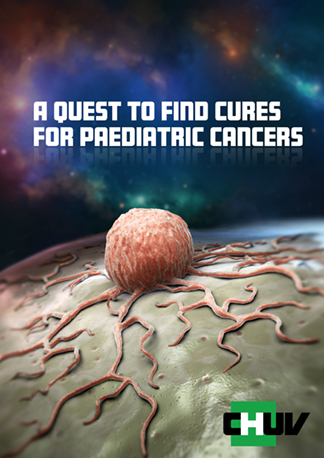Experts from the University of Lausanne explore progress being made in the treatment of paediatric cancer in this fascinating ebook
In this e-book, Ivan Stamenkovic, Professor of Experimental Pathology and Nicolò Riggi, Assistant Professor of Experimental Pathology at University of Lausanne both provide a compelling insight into the quest to find cures for paediatric cancer.
The e-book beings on a thought-provoking note, revealing that the cancer mortality rate (the number of deaths due to cancer per 100,000 people per year) among children ages 0-19 has declined dramatically during the last four decades, owing to improved treatment regimens.
However, on an encouraging note we discover that due to major treatment advances during recent decades, “more than 80% of children with cancer now survive 5 years or more”, the authors write. We also find out that most childhood cancers are not inherited, but that they are primarily due to DNA changes that occur early in the child’s life, sometimes even prior to birth.
Goals of the University
The University of Lausanne strongly supports the premise that no child should die of cancer. They clearly set out to build a paediatric cancer research programme that should overcome many of the obstacles that have limited progress in the field of paediatric cancer treatment during the past.
We also find out that the organisation is establishing a paediatric cancer-training programme to which they recruit MD-PhD candidates, who are provided with in-depth research training prior to their clinical residency. The authors add that their undoubted quest is to understand the mechanisms that underlie paediatric cancer development – and to identify those that may be targeted from a therapeutic standpoint.
As a special bonus, Dr Eva Steliarova, scientist at IARC’s section of cancer surveillance explains how research results can be used to reduce the burden of cancer in children. Amongst the many insights given in this article, we learn that IARC’s international study on the incidence of cancer in childhood discovered a global increase of 13% in childhood cancer between 2001-2010, compared to the 1980s.
I hope you enjoy reading the profound insights that this e-book offers.


